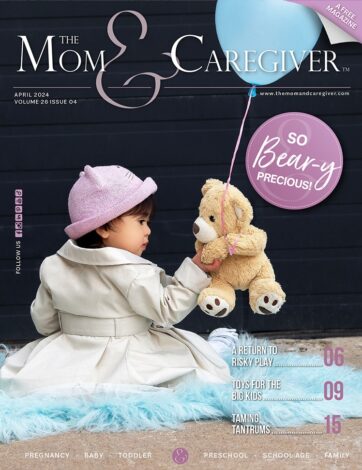The Next Stage – Freedom from Social Norms
One of my favourite subjects in my undergrad was Social Psychology: the study of how our thoughts, feelings and behaviours are influenced by others and, ultimately, our desire to be like others. I was fascinated by the concepts of belonging and fitting in, and the incredible power these concepts seem to have over us. Think about something as simple as getting on an elevator and how much social norms dictate your behavior. You leave as much personal space as possible and maybe say hello, but don’t talk too much and always (ALWAYS!) face the door. Fail to do any of these things, and it can feel quite uncomfortable for all involved.
But what if we’re talking about something far more important than how you behave in an elevator? The truth is, we apply this same way of thinking when it comes to common milestones in life, like post-secondary education/training, getting married and having children. When we stray from what’s considered “normal”, it seems to make people uncomfortable and may even give them a sense of entitlement to ask questions or make comments that would otherwise be off-limits.
As the parent of an only child, I know this all too well. I’ve been asked many times when I’m having another, while others have told me, in no uncertain terms, that I must have another. These statements often include cautions about the ills that may befall my little singleton, if he doesn’t get a brother or sister. Forget that these concerns are misguided – there’s no evidence to support the stubborn belief that “only” children are maladjusted or unhappy1. There’s a bigger issue at play here. If I have an only child by choice, this assumes I don’t know what’s best for my own family. If not by choice, it adds insult to injury if someone can’t have a child, or they’ve previously lost a child. And of course, there’s the added challenge of how to respond to this situation in a way that isn’t equally uncomfortable.
Social norms are particularly fascinating because, while they seem like they’re set in stone, they really aren’t. Consider the following examples:
- Eye contact – In dominant North American culture, it’s considered rude or dishonest if you avoid eye contact. However, in other cultures, eye contact can be seen as aggressive or disrespectful.
- The colour pink: For many today, pink is seen as a “girl” colour, but it was considered masculine 100 years ago
- The “nuclear family” – A family of married parents and two children being the norm is an anomaly from the 1950s and 60s, even though we continue to hold families up to this rigid standard.
This means the social norms we live by are actually quite fluid, dependent on where and when we live and who we are. We all have varied personalities, unique backgrounds and experiences, as well as different strengths and needs. It stands to reason then, that the way we live our lives should be just as varied. When we look beyond social conventions, and more importantly, when we can be supportive of each other’s choices, we all win. And when in doubt? Just stay in your own lane.
- Sandler, Lauren. One and Only: The Freedom of having an only child and the joy of being one.
Gillian Hubick MSW, RSW
Child & Family Therapist
Vanier Children’s Services














